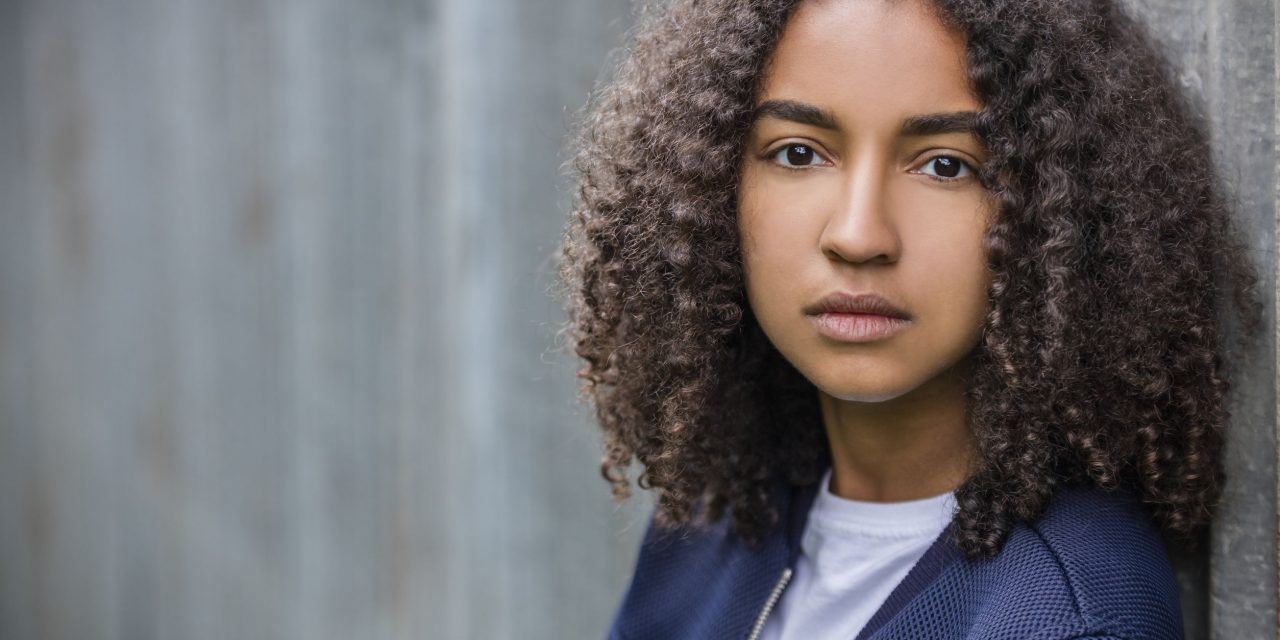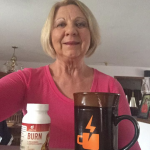A new study by the American Cancer Society revealed both good and bad news about breast cancer in America.
Although deaths from breast cancer continue to fall, they’re declining at a slower rate than in previous years and the number of cases we’re seeing is on the rise. The research also found that black women are significantly more likely to die from breast cancer than white women.
“Well, first of all, 40% decrease [in deaths] over the last three decades in breast cancer — that’s great news. The problem is, women are still dying of this horrible disease,” CBS News medical contributor and cancer expert Dr. David Agus told “CBS This Morning.”
One in eight women will be diagnosed with breast cancer in her lifetime and more than 3.8 million women living in the U.S. have a history of breast cancer.
Part of the rise in cases, according to Agus, can be attributed to obesity rates and the fact that more women have not had children.
“So being large or obese increases the rate of breast cancer, as does not having children,” he said. “The actual reason — we don’t know. Hormone levels are different because of both of them. Somehow the hormonal milieu of us, one portends for more breast cancer, one portends for less. These are important observations. Obviously as our norms in the country change, we’re seeing that increase.”
But we are getting better at treating the disease, which has translated to far fewer deaths. Treatment options have also advanced dramatically over the last decade.
“We have the ability to target molecules or switches within the breast cancer, and I think importantly we can block the ‘don’t eat me signal’ on the cancer, allowing your own immune system to attack the cancer. So chemotherapy has gotten better, together with molecularly targeted therapy and immunotherapy. There is real hope for continuing to lower the death rate,” Agus said.
While early detection remains key in surviving the disease, Agus also points to advancements in genetic testing and recommends everyone get tested for the BRCA gene, a mutation that means you have a much higher risk of developing breast cancer. The tests, once thousands of dollars, are now far more affordable.
“To me, knowledge is power. Man or woman should have this test. You should know if you’re at risk for this breast cancer, ovarian cancer, other cancers associated with these genes, and also whether your children or parents are at risk. Knowledge to me is really key to knowing what to do,” he said.
The research also found that race plays a major factor in surviving breast cancer. Black women are seven times more likely to die from the disease than white women.
Agus said part of the reason may be that black women, on average, tend to have a higher body mass index, and obesity correlates with a higher breast cancer death rate. “And in addition, the biology may be different,” he said.
But unequal access to care might be the key.
“The interesting thing is in the state of Massachusetts, where there’s care for everybody, the death rates are similar between white women and black women. So I think there’s a lesson there that we have to increase access to care so we all get these remarkable advances that have happened in the treatment of breast cancer.”



















































